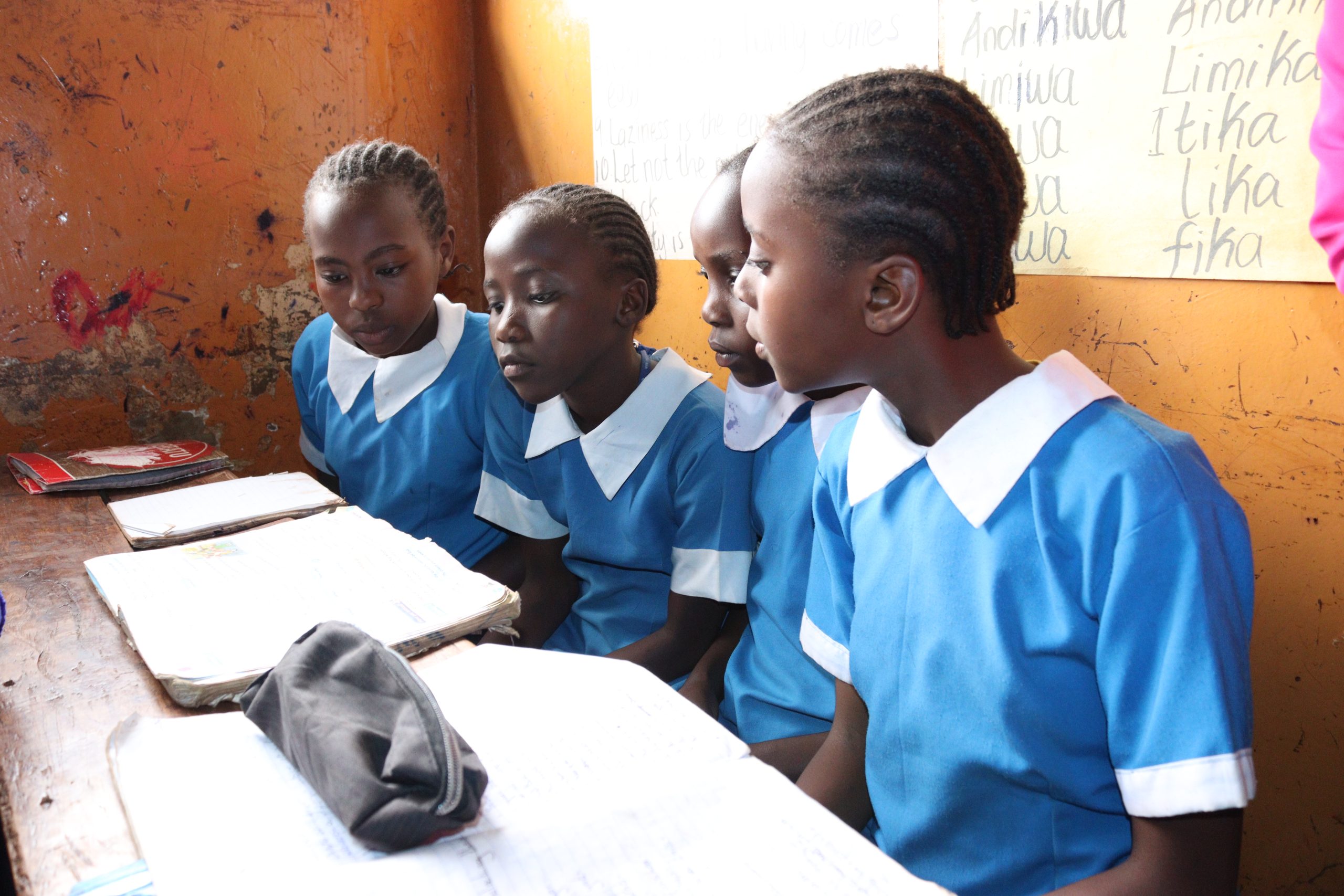
Community Education

Community Education

Community Education

Community Education

Community Education
PACEmaker International
About PACEmaker
Founded in 2013, PACEmaker International (PACE) is a Kenya and Malawi registered Non- Governmental Organization (NGO) that works to create equitable learning opportunities for students in rural and slum areas of Africa. PACE is an acronym for Promoting Access to Community Education. Our programmes are designed to break the barriers to quality education that disproportionately affect learners in slums, informal settlements, and rural schools. We work to simultaneously address two challenges that face our community; Lack of a meaningful social structure to engage local youth and The inequity in Africa’s education system. PACE envisions an Africa where access to high-quality education is the norm for all children and where youth are empowered and engaged to lead change in their local communities. We Train. We Engage. We Upskill.


Our Vision & Mission
Our Vision
Quality education for all children in underserved communities and youth-led change in Africa.
Our Mission
Enable quality education for children in underserved communities through trained volunteers, qualified teachers, engaged parents and inspires youth-led change in Africa.
Core Values
Passion. Integrity. Volunteerism. Innovation. Collaboration


Kenya requires over 100,000 more teachers to fully meet the educational needs of its 13 million enrolled students in primary and secondary schools. As of 2021, primary schools in Kenya had a deficit of 46,000 teachers. While the recommended pupil to teacher ratio is 40:1, the current national average ratio is 56:1 in public primary schools. Schools in rural and slum areas are disproportionately affected by this shortage.



The Opportunity
Each year, approximately 600,000 bright, young Kenyans graduate from high school. The majority go on a 9-month gap year before joining public universities. PACE targets these youth together with long-holiday university students to unlock their potential. By effectively engaging these young people, we will unleash 216 million hours of learning support for students in underserved schools.

Blog
Our Articles

Youth-Led Education Interventions Making Waves Across Kenya, Uganda, and Malawi!

Empowering Education Across Africa – See What We’ve Been Up To!


From Kenya to Uganda: How we’re Expanding and Transforming Education!



Setting the PACE in a Beautiful Way
Watering Education


PACE TO THE WORLD (August 2021 Newsletter)

PACE TO THE WORLD

March Newsletter

Exciting 2021!



contact us
Let's Talk
Our Phone




